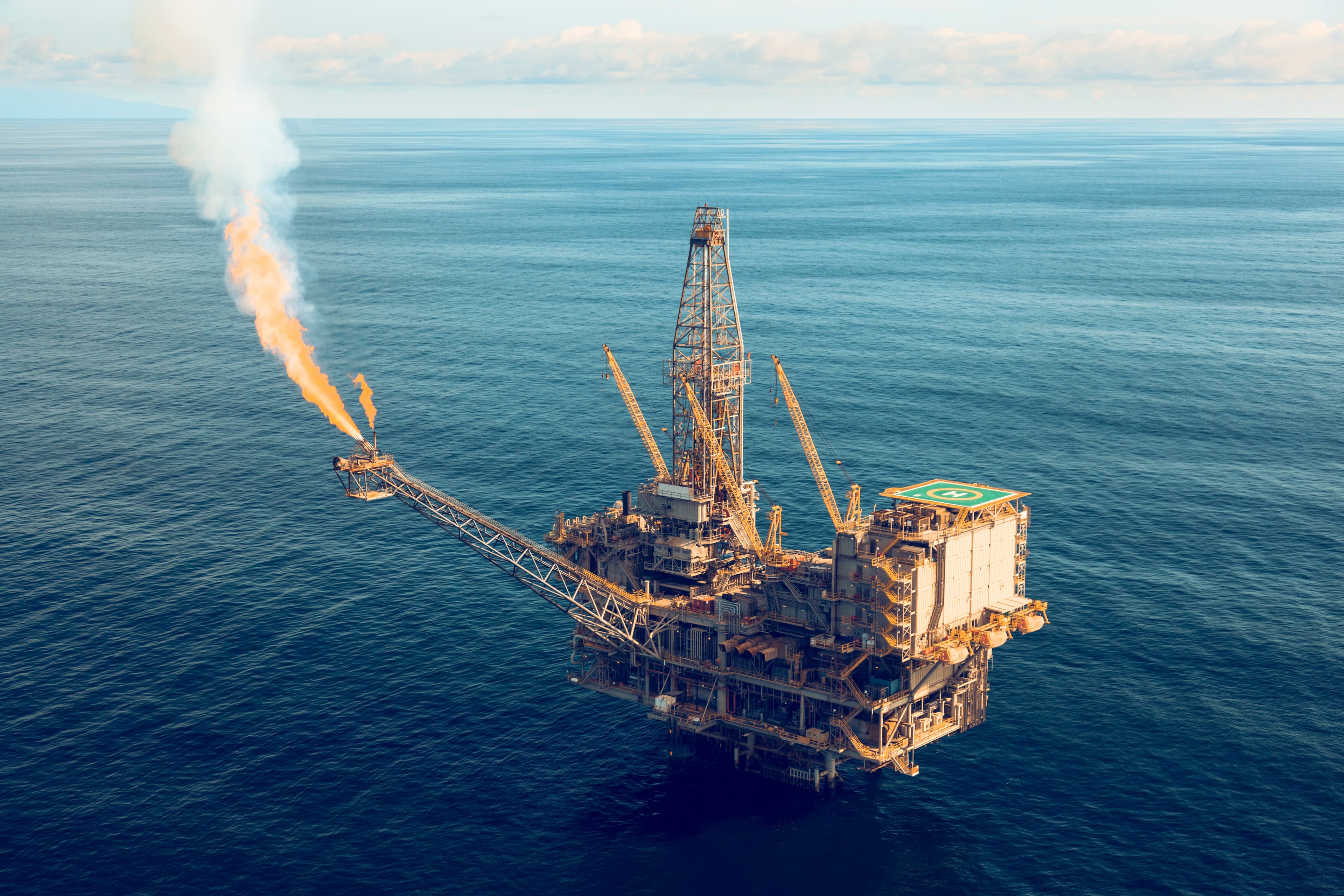
What is the Role of a Rig Manager in the Oil and Gas Industry?
Introduction
The oil and gas industry is a complex and demanding one, and it requires a team of highly skilled professionals to keep the wheels turning. One of the most important roles in this industry is that of the rig manager. Rig managers are responsible for overseeing all aspects of drilling operations, from planning and execution to safety and compliance. They are the leaders of their crews, and they must be able to make quick decisions under pressure.
What is a Rig Manager?
A rig manager, also known as a toolpusher, is the overall supervisor of all drilling operations on an oil or gas rig. They are responsible for the safety and well-being of their crew, as well as the efficient and effective operation of the drilling equipment. Rig managers must have a deep understanding of all aspects of drilling operations, including:
-
Drilling equipment and procedures
-
Well control and safety protocols
-
Environmental regulations
-
Company policies and procedures
Key Responsibilities of a Rig Manager
The specific responsibilities of a rig manager will vary depending on the type of rig they are working on and the company they work for. However, some of the key responsibilities of a rig manager include:
-
Planning and executing drilling operations: Rig managers work with their crews to develop and execute drilling plans. They must be able to anticipate and respond to potential problems, and they must make sure that all drilling operations are conducted safely and efficiently.
-
Managing personnel: Rig managers are responsible for the safety and well-being of their crews. They must provide their crews with the training and resources they need to do their jobs safely and effectively.
-
Ensuring compliance with regulations: Rig managers must ensure that all drilling operations comply with all applicable environmental regulations and company policies.
-
Communicating with stakeholders: Rig managers must communicate with a variety of stakeholders, including their company's management, the client, and regulatory agencies.
Skills and Qualifications
To be successful in the role of a rig manager, you need to have a combination of skills and qualifications. These include:
-
Technical skills: You must have a deep understanding of drilling equipment and procedures, well control and safety protocols, environmental regulations, and company policies and procedures.
-
Leadership skills: You must be able to lead and motivate a team of people to work safely and efficiently.
-
Communication skills: You must be able to communicate effectively with a variety of stakeholders, both verbally and in writing.
-
Problem-solving skills: You must be able to anticipate and solve problems quickly and effectively.
-
Decision-making skills: You must be able to make sound decisions under pressure.
Career Advancement
With experience, rig managers can advance to senior positions in the oil and gas industry. These positions may include:
-
Drilling superintendent: Drilling superintendents oversee all drilling operations for a company. They are responsible for developing and implementing drilling plans, managing personnel, and ensuring compliance with regulations.
-
Drilling manager: Drilling managers are responsible for managing all drilling activities for a company. They oversee drilling superintendents and are responsible for the overall success of the company's drilling program.
-
Vice president of operations: Vice presidents of operations are responsible for all of a company's operations, including drilling, production, and engineering. They report directly to the CEO and are responsible for the overall success of the company.
Conclusion
The role of a rig manager is a challenging but rewarding one. Rig managers play a vital role in the oil and gas industry, and they are responsible for ensuring that drilling operations are conducted safely, efficiently, and in compliance with all regulations. If you are looking for a challenging and rewarding career in the oil and gas industry, a career in rig management may be the perfect fit for you.